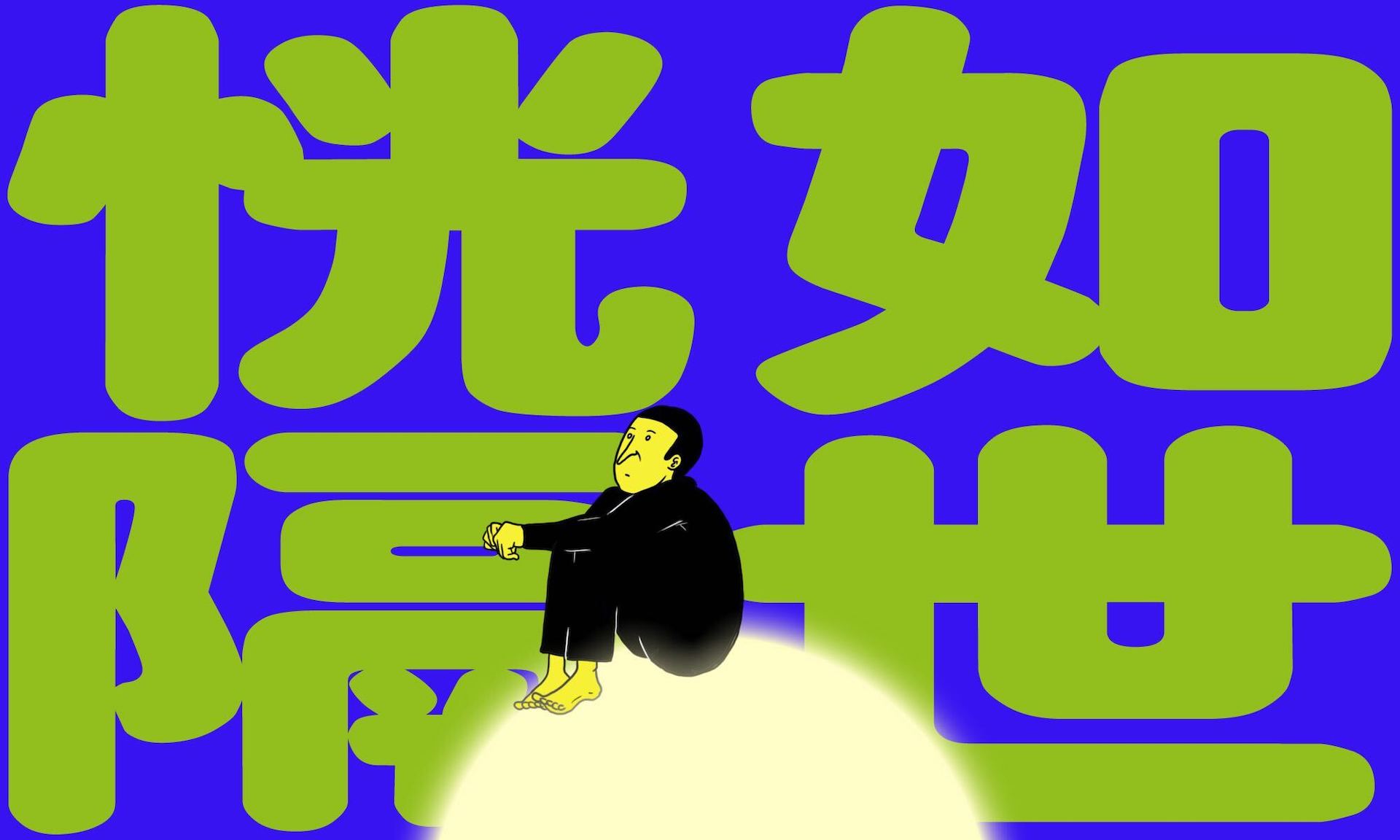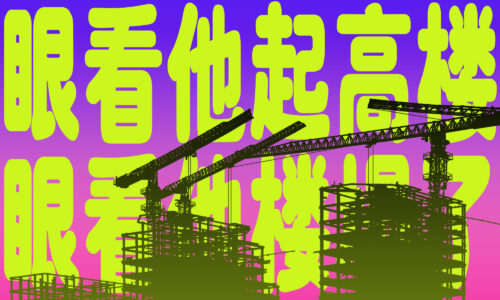‘It’s like another world’ — phrase of the week
Just before Shanghai went into lockdown, one U.S.-based Chinese lawyer managed to leave the city after spending a surreal three months in quarantine on a failed trip to visit family.

Our phrase of the week is: It’s like another world (恍如隔世 huǎng rú gé shì).
Context
Xuē Liángquán 薛良权 is a U.S.-based lawyer and the founder of Newbright Law Group, a law firm in California. An article posted by Xue on his WeChat account documents his surreal experience of being quarantined for three months in China on his way to visit his family in Shandong.
When he first landed in Guangzhou on January 1, Xue noted:
It felt like another world, like I had arrived on a different planet. Something felt wrong.
当时感觉恍如隔世,好像自己来到了另外一个世界,预感不妙。
Dāngshí gǎnjué huǎngrúgéshì, hǎo xiàng zìjǐ lái dàole lìngwài yī gè shìjiè, yùgǎn bù miào.
Shortly after that, he tested positive for COVID, which was the beginning of a series of stints in quarantine hotels in Guangzhou and Shanghai. Xue eventually left the country exactly three months later on April 1, without ever having visited his family.
Translation
The idiom it’s like another world was used in Xue’s account a number of times to describe his experience.
The idiom dates back to the Song dynasty, first appearing in a collection of works by the poet Lù Yóu 陆游 called A Draft of Poems When Holding a Sword on the Southern Borders (剑南诗稿 jiàn nán shī gǎo).
Lu was born in 1125, during the latter years of the Song dynasty, at a time when China was threatened by invasion from the north. He is known as one of China’s most prolific poets, penning more than 11,000 works. One of his best known poems is To My Son (示儿 shì er), written just before he died, in which he expressed his sadness that China had still not been unified.
Lu is also the inspiration for another recent The China Project phrase of the week — the cleverest housewife can’t cook without rice.
It’s like another world is one of those idioms where you can guess the meaning — huang ru (恍如 huǎng rú) means “it seems like,” and ge shi (隔世 gé shì) means “separated by a generation” (世 here means a period of 30 years in Chinese).
It describes the feeling of going somewhere that seems totally alien, of a different generation or a different time. In Xue’s story of prolonged isolation, it also has a feeling of being cut off from the outside world.
If you enjoyed this, check out Andrew Methven’s Slow Chinese 每周漫闻 newsletter, a resource to help you master modern Mandarin, and understand how people speak Chinese today.






